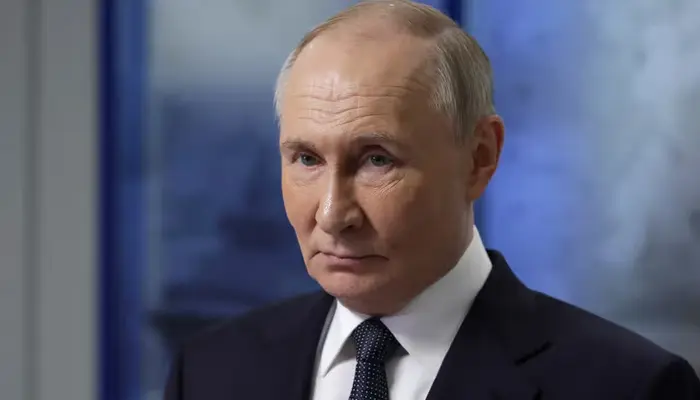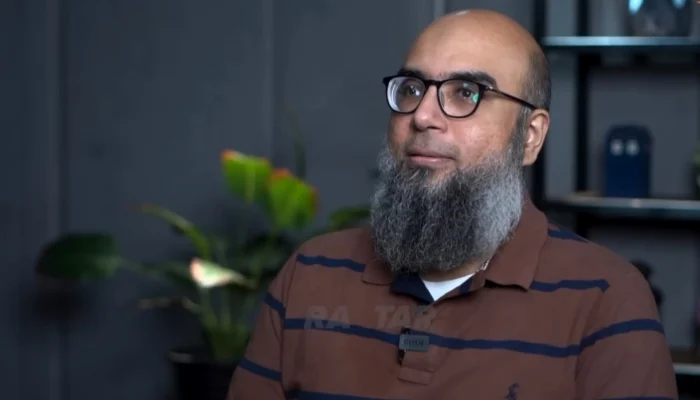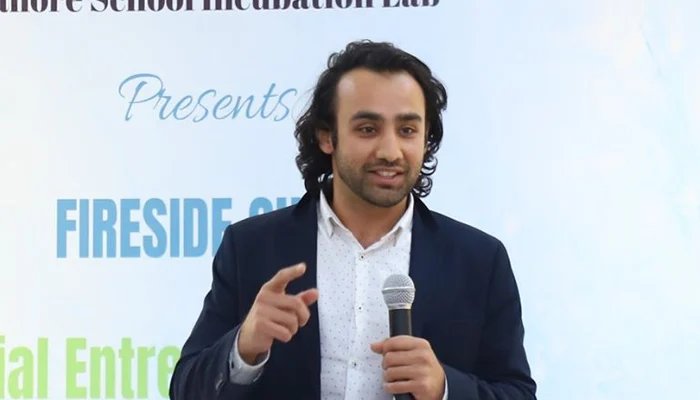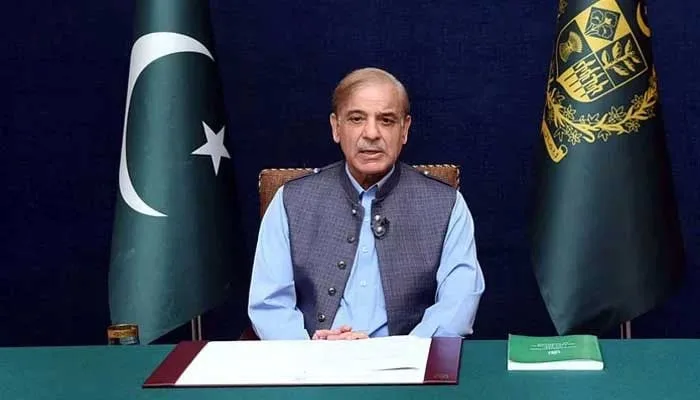Seven Children Killed in Israeli Air Strike on Gaza
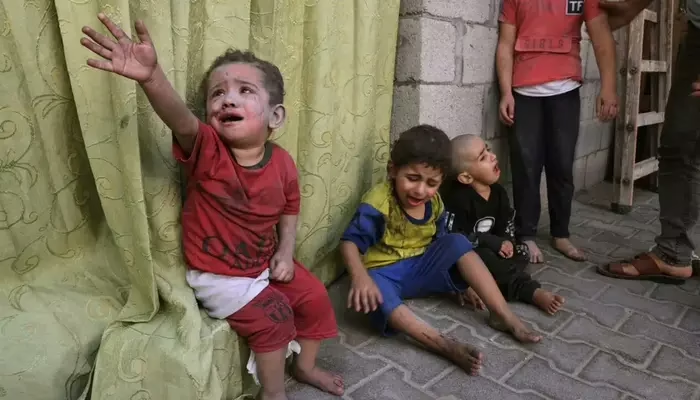
An Israeli air strike on the Gaza Strip has killed 12 members of a family, including seven children, as reported by the Palestinian Civil Defence. The attack, which targeted the Khallah family home in Jabalia, northern Gaza, has deepened the humanitarian crisis in the besieged region. The keyword “Gaza’s graveyard” reflects the dire living conditions and continuous loss of life in the enclave.
Devastation in Jabalia
The Palestinian Civil Defence shared video footage of rescuers pulling victims from the rubble of the Khallah family home. All seven children killed were under six years old, according to Civil Defence spokesperson Mahmoud Basal. Fifteen others sustained injuries in the same strike.
The Israeli military claimed it targeted “several terrorists operating in a Hamas military structure.” However, the casualties reported by Palestinian authorities starkly contrasted with the Israeli army’s statement.
Continuous Strikes Across Gaza
Israeli air raids on Friday intensified the already dire situation in Gaza, now entering its 14th month of relentless assault. In Nuseirat, a drone missile strike on a residential building killed eight people and injured many others. Meanwhile, in Beit Hanoon, an airstrike claimed the lives of two girls and their parents. Three brothers were also recovered from the debris near Kamal Adwan Hospital.
Gaza as a “Graveyard”
The United Nations Relief and Works Agency (UNRWA) has described Gaza as a “graveyard,” citing heavy bombardment, deteriorating living conditions, and the onset of harsh winter rains. Louise Wateridge, UNRWA’s Senior Emergency Officer, highlighted that 69% of buildings in Gaza have been damaged or destroyed, leaving millions without adequate shelter.
“An entire society is now a graveyard,” Wateridge remarked, stressing the lack of proper shelter, food, and safety for Gaza’s population. The humanitarian situation has left over two million people trapped with no viable means of survival.
International Response and Challenges
UNRWA, which supports nearly six million Palestinian refugees across the Middle East, continues to face operational hurdles. Recently, Israel passed legislation barring UNRWA’s activities in Israel and occupied East Jerusalem, raising fears of further restrictions on humanitarian aid agencies.
In response, Sweden announced it would cease funding UNRWA, redirecting its aid to other organizations. UNRWA Commissioner-General Philippe Lazzarini criticized the move, calling it “disappointing” and untimely for the millions relying on the agency.
Read: Death Toll in Gaza Soars Beyond 45,000
Legal Developments
The United Nations General Assembly has sought clarity from the International Court of Justice (ICJ) on Israel’s obligations under international law to permit humanitarian aid. Earlier this year, the ICJ ordered Israel to halt its offensive, withdraw from Gaza, and allow humanitarian access. However, these measures have yet to be enforced, as Israel continues its military operations.
A Call for Global Action
The humanitarian crisis in Gaza underscores the urgent need for international intervention. As airstrikes devastate families and conditions worsen, calls for accountability and relief efforts grow louder. Gaza’s graveyard is not just a metaphor but a grim reality for millions trapped in unlivable conditions.
Follow Day News on Google News, Instagram, YouTube, Facebook, Whats App, and TikTok for latest updates





